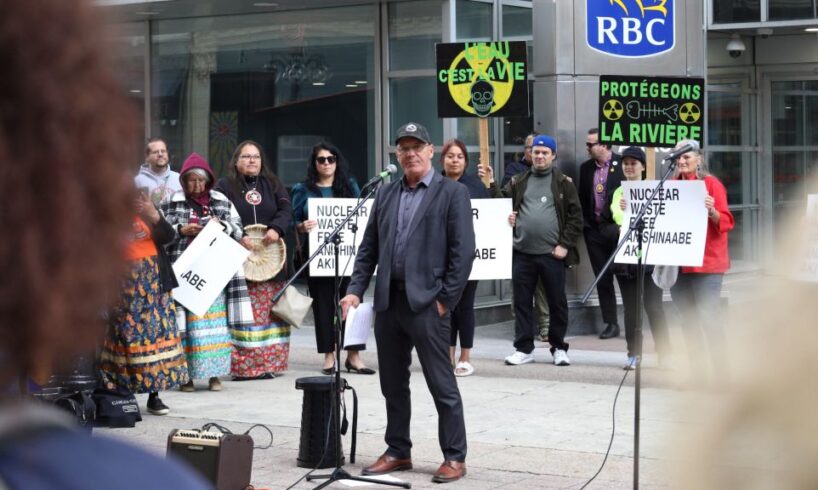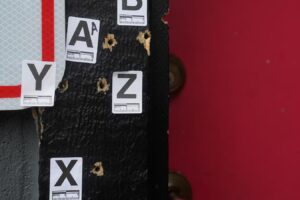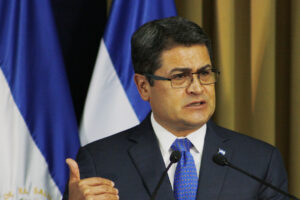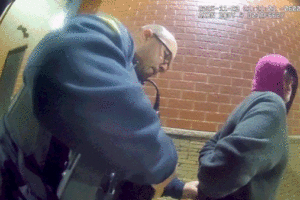
A contentious radioactive waste disposal facility near the Ottawa River is back in court, and the outcome will set an important precedent for Indigenous Rights and consultation.
Canadian Nuclear Laboratories (CNL) is trying to overturn a federal court’s decision that found Kebaowek First Nation was not properly consulted on a near-surface nuclear waste disposal facility near Chalk River, Ont. This development is the latest in a long saga of court challenges and appeals since the Canadian Nuclear Safety Commission greenlit the proposed facility on Jan. 9, 2024. The radioactive waste mound would be situated about a kilometre from the Ottawa River, which is a source of drinking water for millions of people downstream.
The Assembly of First Nations and MPs from the Bloc Québécois, Green Party and NDP pledged their support to Kebaowek First Nation, which is prepared to take the fight all the way to the Supreme Court, if necessary.
“The Assembly of First Nations will extend our support to the highest levels required in this case,” National Chief Cindy Woodhouse Nepinak said on the eve of the court date.
The outcome of the appeal “will speak volumes about the future of First Nations rights in this country, and it may prove to be a litmus test for large infrastructure projects being fast-tracked under new federal and provincial laws,” Woodhouse Nepinak said, referring to federal Bill C-5 and similar legislation in B.C. and Ontario.
Kebaowek First Nation appeared in federal court last year and successfully argued that Canadian Nuclear Laboratories — the private contractor responsible for managing the Chalk River nuclear site — did not secure the First Nation’s free, prior and informed consent during the licensing process. In February, Federal Court Justice Julie Blackhawk ruled the consultation process was inadequate because it failed to consider the United Nations Declaration on the Rights of Indigenous Peoples (UNDRIP), thus making the approval “incorrect.” Blackhawk ordered Canadian Nuclear Laboratories and the Canadian Nuclear Safety Commission to resume consultations with Kebaowek First Nation, including an order to adapt the process to “address Indigenous Law, knowledge and processes to develop a process that is aimed at reaching an agreement” before Sept. 30, 2026.
Canadian Nuclear Laboratories argues consultation with Kebaowek was adequate, and the commission did not have to adhere to UNDRIP because it is non-binding. Kebaowek is defending its position that UNDRIP did apply to the commission’s decision and goes even further, arguing the decision to greenlight the project should be thrown out. The hearing took place on Oct. 8, accompanied by a rally nearly 100-strong outside the Federal Court of Appeal.
The project would allow Canadian Nuclear Laboratories to permanently dispose of one million cubic metres of radioactive waste in a shallow mound about 146 kilometres, as the crow flies, northwest of Ottawa. It would offer a solution for disposal of radioactive waste accumulated since the 1940s, as well as waste from future operations. Pikwaganan First Nation is the closest to Chalk River and gave its consent for the project but submitted documents supporting Kebaowek’s arguments on UNDRIP to the court.
Dozens of people showed their support for Kebaowek First Nation outside the Federal Court in Ottawa on Oct. 8, 2025. Inside, Canadian Nuclear Laboratories argued it does not need to further consult with the First Nation before building a nuclear waste storage facility near Chalk River, Ont. Photo: Natasha Bulowski / Canada’s National Observer
Green Party Leader Elizabeth May, NDP MP Leah Gazan, Bloc Québécois Leader Yves-François Blanchet and various BQ MPs, including Sébastien Lemire, showed up to support Kebaowek at a press conference and rally.
The Mining Association of Canada and the Canadian Nuclear Association also intervened in the case, siding with Canadian Nuclear Laboratories’ arguments.
“Through the appeal, CNL is seeking clarification and guidance on how to navigate the changing legal landscape with respect to Indigenous rights and interests,” a spokesperson for Canadian Nuclear Laboratories told Canada’s National Observer in an emailed statement, rehashing a March 21, 2025, press release. “Given that there are few examples of UNDRIP being implemented in Canada and none in the nuclear sector, it is important that CNL clearly understand what is needed to continue our work and mission to responsibly address Canada’s nuclear liabilities.”
Canadian Nuclear Laboratories directed Canada’s National Observer to that online statement when contacted for comment about the ongoing hearing. It says: “CNL remains fully committed to advancing reconciliation with Indigenous nations,” and “strongly believes in the science” behind the waste storage project.
The provincial party Québec Solidaire is supporting Kebaowek, but the Quebec government has avoided taking a stance, said Kebaowek First Nation Chief Lance Haymond at a press conference in downtown Ottawa on the eve of the appeal hearing.
“It seems that because of the issues around Gentilly [nuclear generating station], that Quebec is complacent in supporting this approach, because ultimately, they need a place for their waste to go and Chalk River affords them a solution,” Haymond said.
“The province of Quebec, earlier this spring and throughout the summer, has secretly allowed radioactive waste from Gentilly-1 to be secretly transported to Chalk River without public notice, without consultation, and along public highways that cross multiple communities,” he said.
Chalk River is home to about 70 per cent of Atomic Energy of Canada Ltd.’s legacy nuclear waste and will continue to accumulate more.
A lot of the radioactive waste slated for disposal at the proposed site is currently sitting in trenches at the Chalk River Laboratories, which was standard practice decades ago, but is no longer in line with nuclear waste-management practices. Along with the issue of Indigenous consultation and its permit under federal Species At Risk Act, a chief concern raised in a citizen court challenge is around the waste itself, because different types of radioactive waste have different storage requirements.
A former employee at Chalk River told Canada’s National Observer a portion of the waste destined for the mound is a “mishmash” of intermediate- and low-level radioactivity because prior to 2000 there were inadequate systems to properly label, characterize, store and track what was produced at Chalk River or shipped there from other labs.
Canadian Nuclear Laboratories is contracted by Atomic Energy of Canada Limited to manage and operate its sites and facilities across the country.





